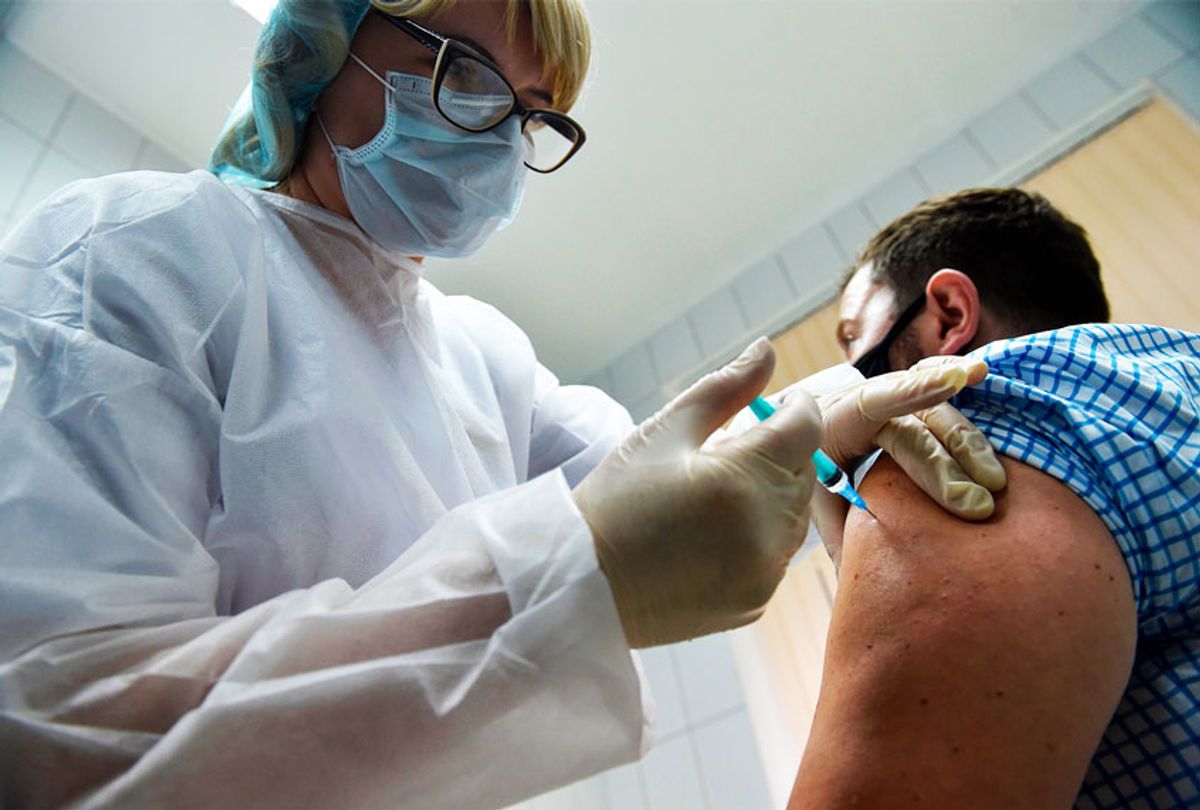Originally posted by Kung Wu
View Post
And he is 100% correct; coronaviruses as a whole generally elicit non-durable immune responses. Would you like me to post some data on that? ;)
Also, there is immunity durability questions surrounding natural infection as well as vaccines. I just read a study where 16% of previously infected had breakthroughs. As I said before, the variants, severity of infection, amount of exposure, health of patient's immune system, etc. etc. etc. all have a big impact on the immunity outcome.
And something else just popped into my head: think about the implications of all the older, sicker people running first to get the vaccines, while the majority of those who shunned them were likely healthy and younger. Do you think that could have an impact on the "durability of the vaccine response"? Of course it could! The majority of the vaccine's early adopters were immunocompromised due to age. There are a dizzying array of variables in the durability discussion. It would be fun to debate it over a beer. Perhaps you and wufan could sit opposite me and we could have a go. 2 vs 1 .... you just might have a chance. ;)
But just to be clear: I'm not interested in dying on the hill of a vaccine vs. natural infection immunity battle. There are likely advantages to the immunity gained from a STRONG natural infection, and there are likely advantages gained from a full immunization; all things being equal, both recipients being the same age and health.
However, there is NO debate that the immunization route is the ONLY choice for the uninfected. Anybody using a superior immune response w/ natural infections to support an anti-vax argument is just wrong and will always be wrong.
NOW, someone screeching over being infected and not needing the vaccine; that is a better argument, but it is likely the wrong one based on all the data to date. Vaccines improve natural infection immunity, period.




Comment